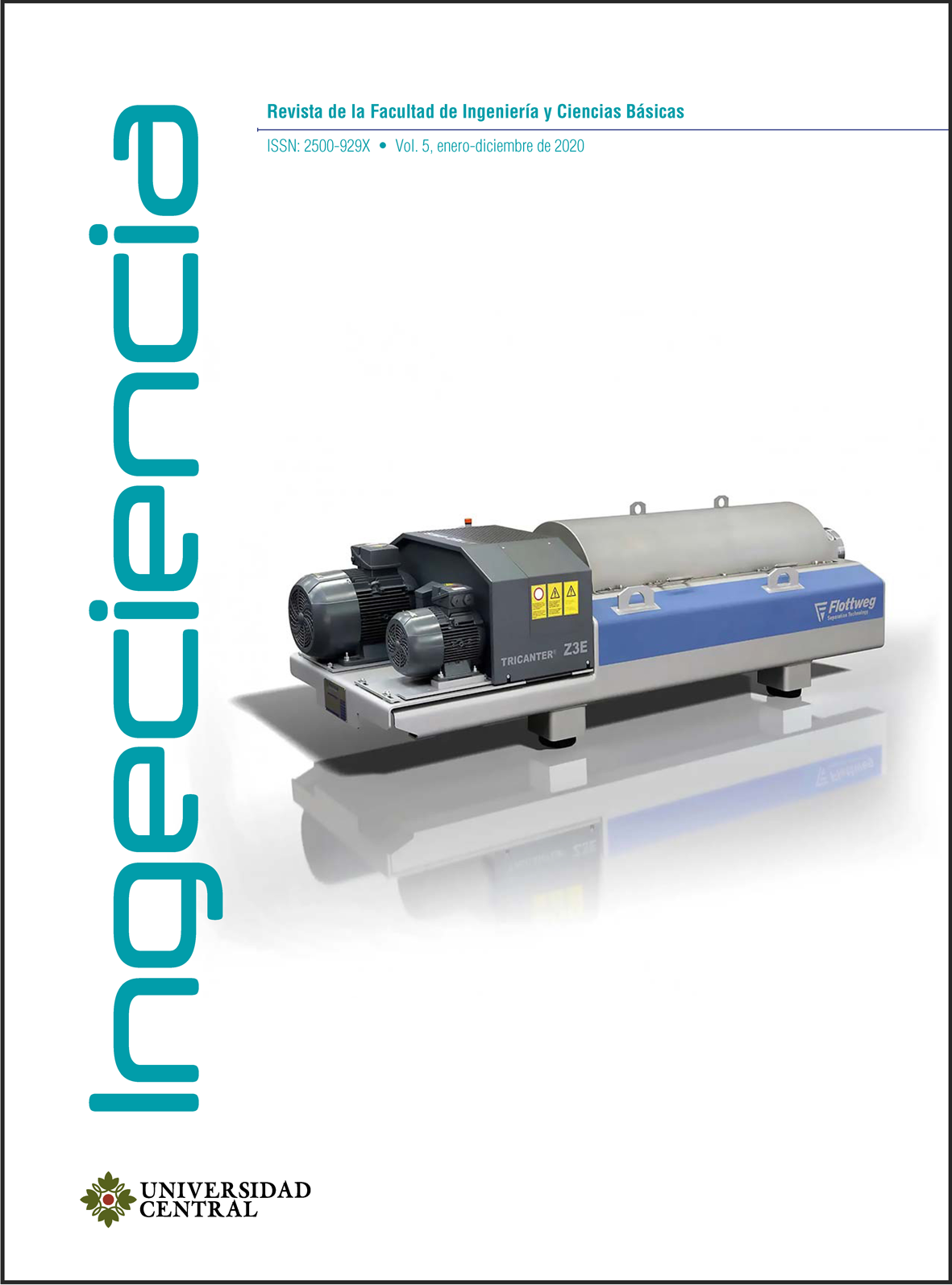Dynamic evaluation model for hazardous waste management and it’s contribution to climate change in Colombia
Main Article Content
A model was built to make a dynamic evaluation of hazardous waste management in Colombia and its influence on climate change. With this objective, the system dynamics methodology was used to analyze three management scenarios: the first one presents a 20 % decrease in the generation rate; the second one projects a 30 % increase in the utilization rate, and the third one foresees a 20 % increase in the generation rate. The results demonstrate the importance and urgency of creating hazardous waste management strategies (RESPEL) from all sources, as well as intensifying and strengthening regulations and their enforcement. In particular, it is necessary to promote the use of RESPEL to reduce greenhouse gases (GHG). This research provides a relational model between hazardous wastes and emissions that promote climate change, thus constituting a first approximation to the estimation of GHG generation.



